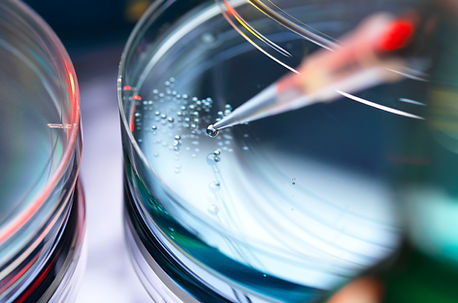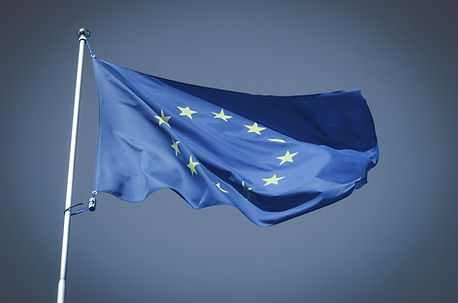
Why Choose Ecoinno ?
Develop cellulose-based solutions to reimagine industrial and engineering material needs.
Microplastics and PFAS
Affect Human Health
Microplastics found in human blood and lungs for the first time
Scientists found microplastics particles in almost 80% of the people tested. A recent study found that microplastics can latch on to the outer membranes of red blood cells and may limit their ability to transport oxygen.
Guardian, 2022


Microplastic cause damage to human cells
Microplastics cause damage to human cells in the laboratory at the levels known to be eaten by people via their food. Damage include cell death, allergic response, and damage to cell walls – were caused by the levels of microplastics that people ingest.
Guardian, 2021
Food packaging contains carcinogenic PFAS chemicals
The family of per- and polyfluoroalkyl substances (PFAS) including PFOA and PFOS, also known as "forever chemicals" are coatings found on paper wrappers and containers that come into contact with food to make them resistant to heat, water, oil and corrosion. Studies indicate that these chemicals are persist in the environment and can have toxic effects on humans and animals.
Consumer Report, 2022


EU council adopts ban on Single-Use Plastics and Bioplastics by 2021
Naturally occurring polymers that have not been chemically modified are exempt from the new rules, while plastics manufactured from modified natural polymers, or from biobased, fossil or synthetic feedstocks, were not.
Plastic News, 2019

170 countries have pledged to significantly Reduce the use of
Plastics by 2030
United Nations, 2019
Global Plastic Regulations
The Rulings of Banning Single Use Plastic (SUP) Around the World.
South Australia , Australia
Since 2021, the sale of disposable plastic straws, cutlery and stirrers has been banned; Sale of Expanded Polystyrene (EPS) cups, bowls, plates and clamshell containers, etc. will be banned from 2022.
Vancouver , Canada
Since 2020, the use of EPS food containers and cups as well as plastic straws in the catering sector has been banned. Provision of disposable cutlery for dine-in or takeaway services has been prohibited unless requested by customers.
European Union
The EU issued SUP Directive (EU 2019/904) in 2019, fighting the SUP impact on the environment.
Japan
Since 2022, law aimed at reducing the use of disposable plastic products goes into effect in Japan, including straws and cutleries.
Taiwan
Since 2021, the production and sale of single-use EPS tableware have been banned. By 2025, such consumption in respect of takeaway services in major cities will be decreased by 30%.
France
Since 2020, the sale of single-use plastic cups and plates has been banned; since 2021, the sale of plastic straws, stirrers, disposable cutlery and EPS meal boxes etc. has been banned; the provision of single-use tableware to dine-in customers by the catering sector (including fast food chains) will be banned from 2023.
Mainland China
Since 2021, the production and sale of single-use EPS tableware have been banned. By 2025, such consumption in respect of takeaway services in major cities will be decreased by 30%.
Hong Kong
Planned to gradually ban the use of single-use EPS and plastic tableware (including cutlery and food containers) for dine-in and takeaway services in the catering industry before 2025.
United States
Since 2018, the use of plastic straws and cutlery have been banned in individual states.

Why Choose Ecoinno ?

Unique Green Technology
The Current
Disposable Paper Meal Box
No Plastic Lining
PLASTIC
Plastic Lining
Mircoplastics migrate into food
No Water-based Coating
COATING
Water-based Coating
Mircoplastics migrate into food
No Toxic PFAS
PFAS
Toxic PFAS leach into food
Temp. Resistant -196℃ ~ 220℃
TEMP
Can not withstand High Temperature
Microwave / Oven
Steamer / Air fryer
HEATING
Prolonged heating can lead to
the release of Toxic Chemicals
Biogradable in soil at normal
temperature within 75 days
DEGRADE
Laminated paper is not biodegradable



